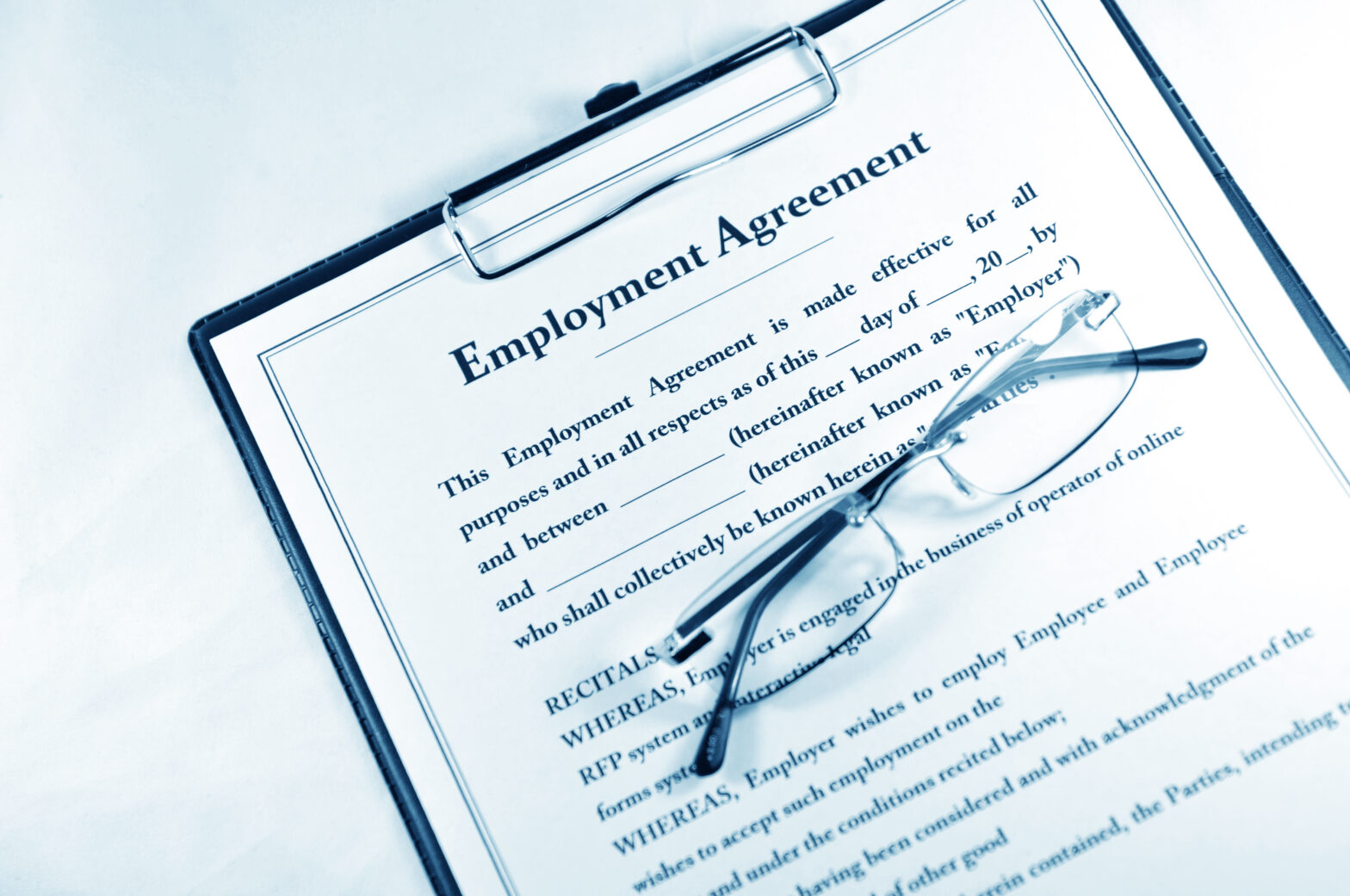Peter Done, managing director of Peninsula Business Services, reveals how to get the most out of an interview and stay within the law.
Initial screening
Some form of initial screening of the applications has to take place. It’s preferable to have more than one person conduct the short-listing and interviewing as it spreads the load and helps to minimise personal bias.
Compare the information contained in the application to the job description and personnel specification to identify those with the potential to do the job.
Never base your decision on race, sex, disability, trade union membership, religion or age as it is illegal and could land you in front of a tribunal. There are a few exceptions: for example, it is permissible to audition women only to play the part of a woman in a film. If in doubt, get legal advice first.
Unsuitable applicants
Those not invited to interview should be sent a letter thanking them but telling them they were unsuccessful, copies of which should be kept. Each should contain a note as to why the applicant was not invited to interview. This keeps the process fair and is useful for future reference should there be any objections.
Keep the file of unsuccessful applicants for at least 12 months, but no longer. Legally, claims for sex or race discrimination can be made up to 10 months after the event.
Successful candidates
Send a letter or email to your short-list inviting them to interview. Make sure it clearly states where and when it is taking place, who to report to and whether this is a preliminary interview or the only one in the process.
The Disability Discrimination Act requires that disabled people be provided with the same opportunity for interview as other applicants. Some recruitment procedures may reveal that an applicant is disabled, others will not. To ensure fairness at the interview stage, you need to find out if there are any special requirements that need to be catered for.
Best practice for interview
There are two main purposes for an interview; to allow the employer to assess and find out all they can about the applicant and for the applicant to meet the employer and fully understand the position.
Prepare before the interview and ensure that it starts on time and is uninterrupted. Decide upon a structure and follow it in the same manner for each interviewee.
Consider job descriptions, personnel specifications and applications carefully prior to the interview to identify the questions that need to be asked.
If interviews are conducted properly, unsuccessful applicants ought to feel sorry that they missed the chance to join a great company and the new employees that you find should feel confident about starting out with you.




